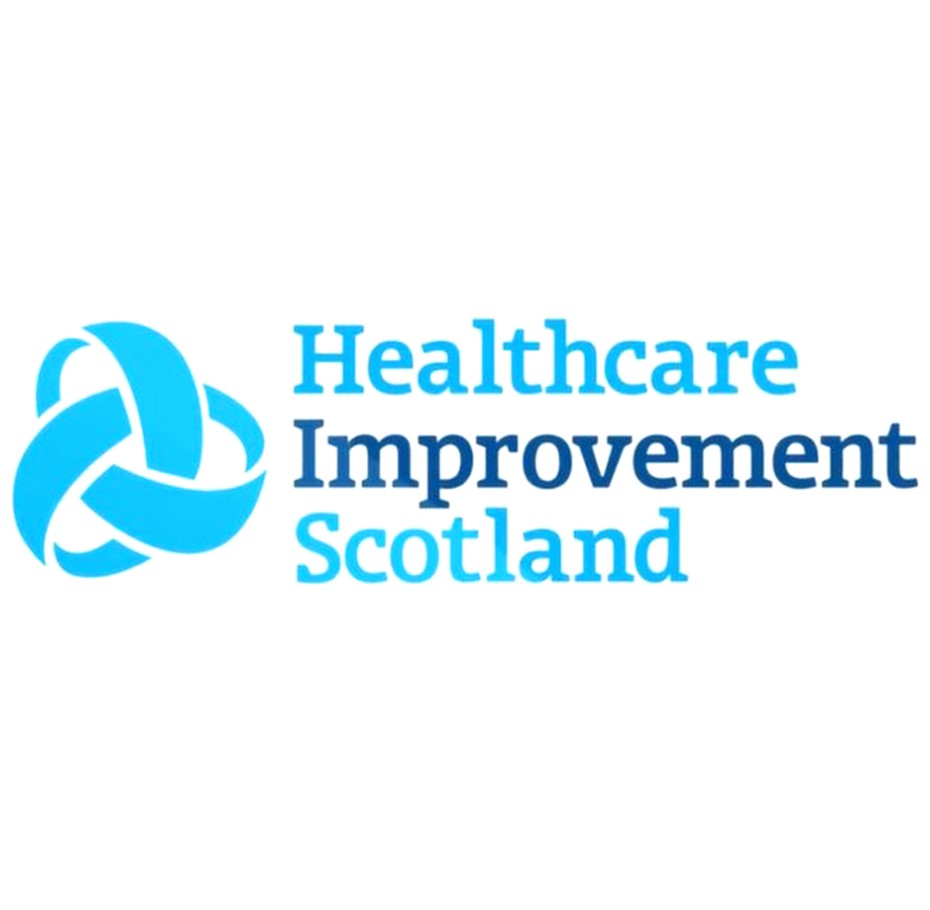The Medicines and Healthcare Products Regulatory Agency (MHRA) in the UK grants a marketing authorisation (licence) for medical products. The purpose of the authorisation is to provide the quality standard for safe medicines use and to regulate the activity of the pharmaceutical company for marketing, distribution and supply of the drug. This does not restrict the prescription of the drug by appropriately qualified prescribers. Authorised drugs can be used legally in clinical situations that fall outside the remit of the authorisation (referred to as 'off-label' or ‘off-licence’), for example for a different age group, a different indication, a different dose or route or method of administration, mixing medicines for administration via syringe pump. Use of "unlicensed" drugs refers to those products that have no licence for any clinical situation although they may be in the process of evaluation leading to such authorisation.
‘Named Patient Medicines’ is the term used to describe the use of an unlicensed medicine to meet the special needs of an individual patient (e.g. midazolam oral solution 10mg/ml, 5ml bottle). There are various reasons why a company would consider named-patient supply e.g. if the product is not licensed in Europe, but has gained marketing approval elsewhere in the world and the company wants to control 'usage' of their medication. Pharmaceutical companies can supply a pre-launch medicine on a specific and strict named-patient basis. This allows patients to benefit from the drug as early as possible in pre-launch phase and enables prescribers to gain familiarity with the new product.
‘Special Medicines’ often referred to as ‘specials’ are medicines which are prepared by a pharmacist or manufacturer in response to a prescription for an individual patient for whom a licensed product is not available. It is a bespoke or specially prepared product manufactured to meet a specific patient's specific needs. Specials are manufactured in MHRA licensed NHS units or commercial manufacturing units and each unit must comply with a number of legal, regulatory and quality requirements. Batch manufactured products are usually supplied with a certificate of analysis (e.g. alfentanil spray 5mg in 5ml for buccal or intranasal use).
When generic equivalents of medicines are awarded marketing authorisations, the equivalence is only required to be demonstrated for licensed uses. Therefore previously helpful off-label uses cannot be assumed e.g. the off-label sublingual route of administration of oral lorazepam tablets. There are a limited number of products which display the relevant characteristics for sublingual administration and if the incorrect manufacturer supply is provided apparent medication failure can result. Prescribers require to be vigilant to such changes when using medicine off-label.
It is important to note that the Patient Information Leaflet supplied with dispensed medicines will not contain information on any off-label use.
The intended indication/need for use of the medicine in an unlicensed manner or unlicensed preparation should be stated on the prescription (EU Directive 2001/83/EC and Human Medicines regulations 2012).
Recommendations from bodies such as the General Medical Council and the medical defence organisations place a duty on doctors (and equivalents for non-medical prescribers) to act responsibly and to provide information to patients on the nature and associated risks of any treatment, including 'off-label' and unlicensed drugs.
Guidance also recommends that such drugs are prescribed following informed consent by the patient, and that this decision is recorded in the patient’s notes. This may not be practical in palliative care where the use of 'off-label' medication is commonplace.
The recommendations of the Association for Palliative Medicine and The Pain Society include the following:
‘The use of drugs 'off-label' should be seen as a legitimate aspect of clinical care. It is both necessary and common.’
‘Informed consent should be obtained from the patient whenever possible outlining identifiable risks. This information should be recorded.’
‘Drugs should be selected that offer the best balance of benefit against harm for any given patient.’
‘Audit and research should inform change of practice.’
‘Practice should, as far as possible, be underpinned by evidence and advocated by a responsible body of professional opinion.’
‘Health Care Professionals must support the development of national frameworks, guidelines and standards and the provision of accurate, clear and specific information for patients and carers for the use of drugs beyond licence.’
